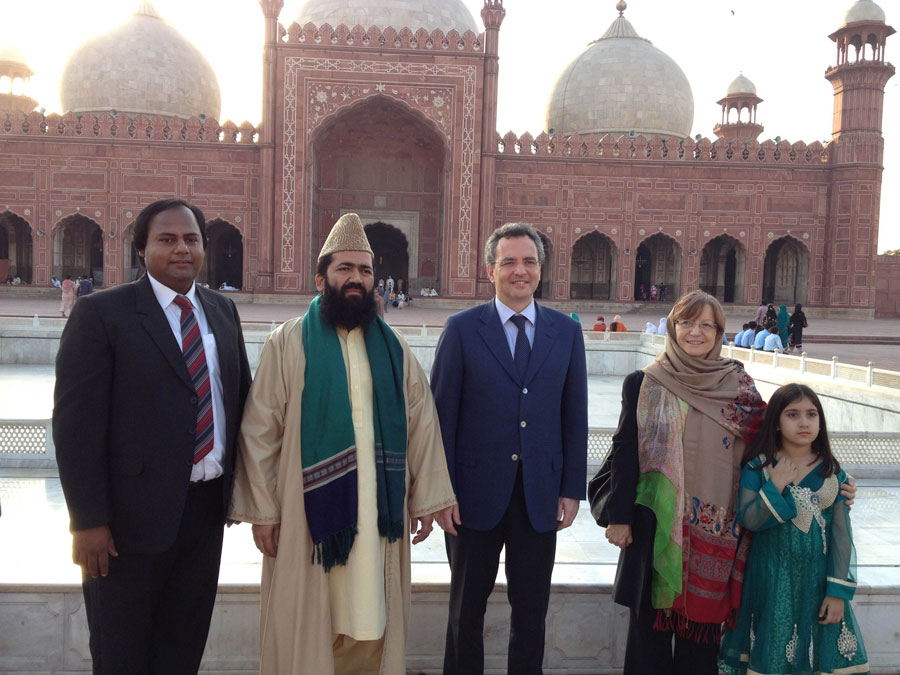“As you know the Conclave’s duty was to give Rome a bishop; it would seem that my brother Cardinals went to fetch him at the end of the world”. These were the words of Pope Francis, the day of his election to the throne of Saint Peter. The end of the world is where the founder of the Community of Sant’Egidio, Andrea Riccardi, recently journeyed, for a visit which was inspired by both a desire to be close to the far away communities and to reflect upon the spiritual path of pope Bergoglio. Andrea Riccardi visited “Villa Miseria 21”, the neighborhood of the great Buenos Aires, made of hovels and shacks, where Sant’Egidio has been managing a School of Peace for more than twenty years. As a place of care for children, of support for adolescents, the School of Peace is not only or not especially a place of school support but a project for an open and solidary life, a guarantee of freedom from the charm of violence that so often poisons the heart of the young in the suburbs of Latin America.
At Villa Miseria 21 the memory of Mario Bergoglio is alive and well. He used to visit those streets often as bishop of Buenos Aires. “Does the Pope remember the neighborhood? Does he speak about it in Rome?” the mothers of the children of the School of Peace asked Andrea Riccardi. They were happy and proud to hear his positive answers.
There is no doubt that Pope Francis has created a new bridge between Italy and Argentina, between Latin America and Europe. These worlds now have one more reason to seek each other, to enquire of each other, to understand each other.
The following day, speaking to the Universidad Catòlica Argentina, Andrea Riccardi held a
conference on the subject of “Pope Francis in Europe”. Before an attentive and participative audience he analyzed the personality of the Pope faced with the challenges of globalization and the effect of his message within European society.
It was emphasized that “the European crisis and the crisis of the Church have instigated the Conclave to make an intelligent choice, the choice of a Pope that came from a different world where those crises did not exist.” But the value and scope of that choice extend much further: “At a time in which we witness the dissolution of many networks the problem of the globalized man is called individualism. Well, the Church is the answer to all this: it is fabric, community, people, family; this is its deepest essence”. In such connective dimension, concluded Andrea Riccardi, one can see the realization and the actualization of “that burst of sympathy for man that is represented by Vatican II”.

.jpg)


.jpg)